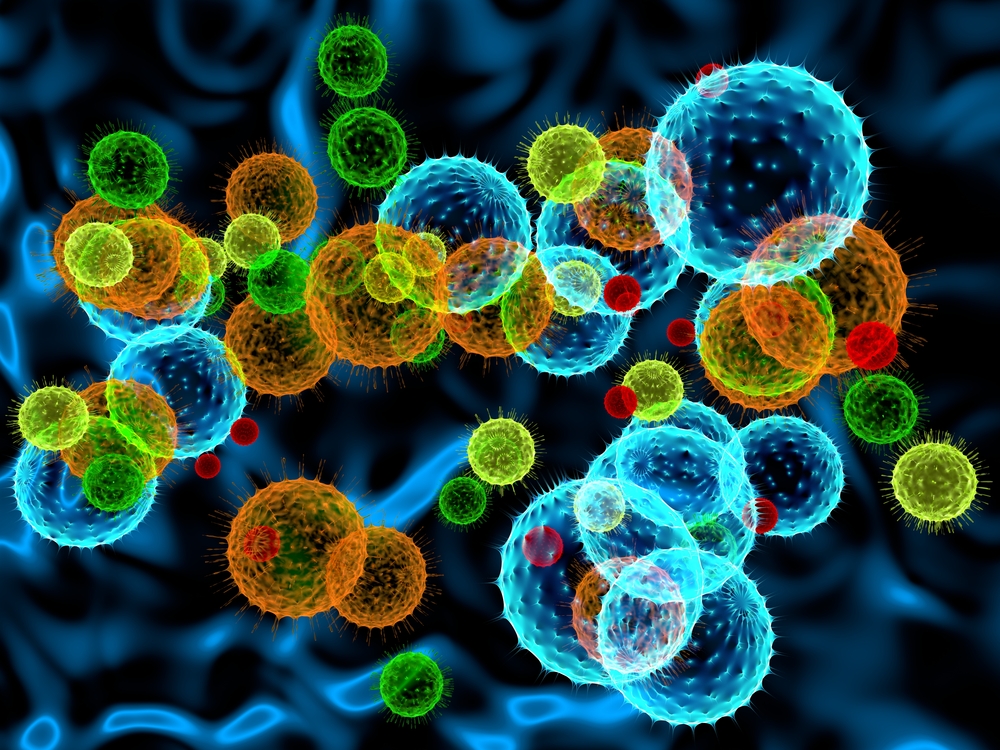OmniCRISPR: a simultaneous and combinatorial approach to the generation of multiple precise genomic alterations
 Aim
Aim
We aim to generate and validate novel versions of customisable CRISPR/Cas nucleases to enable efficacious simultaneous editing of 2 (or more) sites in the genome. The approach developed by CI/StemCore will allow high frequency of the editing leading to the generation of heterozygous mutations at each of the sites, which will represent the ultimate goal of this project and has not been robustly demonstrated as of yet. This will enable UQ researchers to perform otherwise-unattainable experiments on combinatorial testing of effects of introduction of the desired sequence variants, including specific disease case-relevant mutations and VOUSs (variants of unknown significance), in standardized and other relevant genetic backgrounds.
Brief project outline
We will generate a set of fusions of the engineered for high efficiency and accuracy members of CRISPR/Cas nuclease family (nickase or full nuclease versions) with a set of optimized spectrally-compatible (i.e. minimally-overlapping) fluorescent proteins. The novel chimeric Cas-derived nucleases will be assessed for their individual activity, and then used combinatorially to simultaneously introduce 2 or more edits. This will allow recovery of sets of single cell-derived clones containing combinations of editing events from each experiment, with the enrichment based on the individual fluorescence profile of the single deposited clonogenic stem cells.
Genomics-based innovative aspect of proposal
The incidence of autosomal recessive (i.e. compound heterozygous in their makeup) diseases, manifesting themselves in subjects 25 and younger, was found in recent studies to be 20% higher than that of autosomal dominant conditions, and is uncovered in at a rate as high as 1.7 cases per 1000 live births (Antonarakis 2019). To date, however, modelling or correction of those conditions (especially in a non-sequential, efficient fashion) in the human system appeared practically impossible, pointing to the urgent need in innovative approaches (e.g. Jang and Ye, 2018). We, therefore, propose the design and validation of the improved Cas proteins-based customisable nucleases that will enable such sophisticated approaches to manipulating the human genome.
Broad applicability of the technique
A wide range of laboratories in the UQ schools and institutes are trying to adapt the CRISPR/Cas platform for gene editing, and will be extremely interested in using this technology to further their disease modelling efforts using the reagents developed within this project, which will become available to them upon publication of the system.




